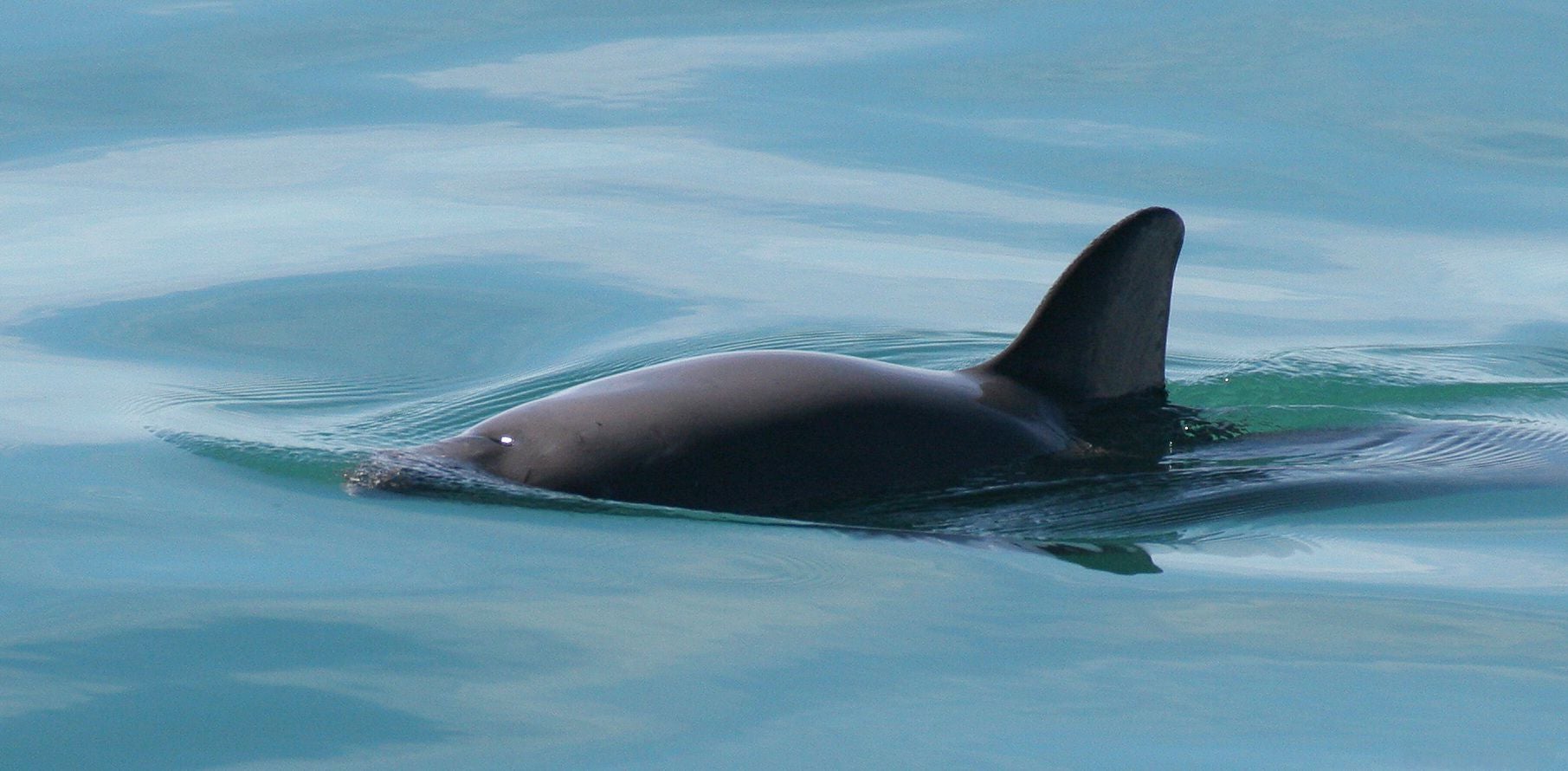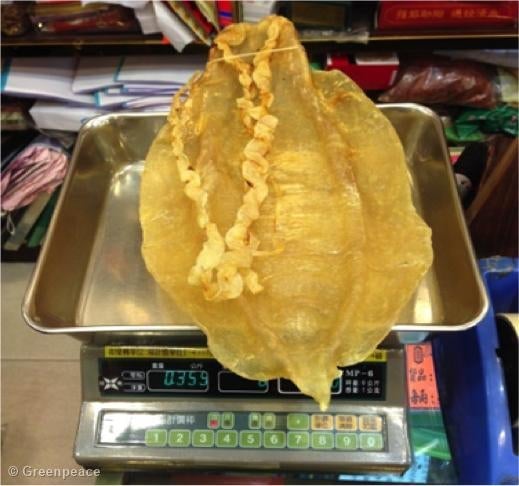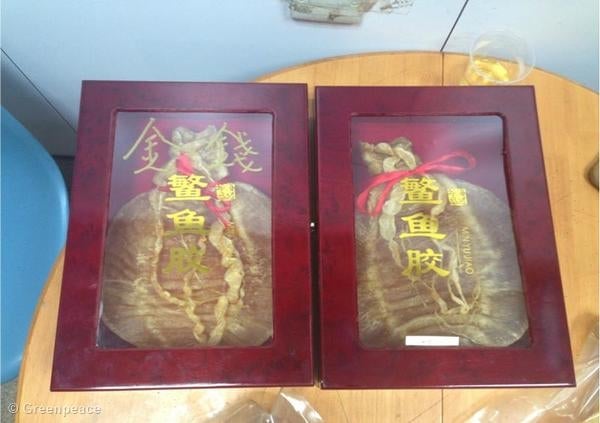Chinese demand for fish bladder soup is driving an endangered porpoise into extinction
A shy, snub-nosed porpoise native to the Gulf of California is being driven into extinction by Chinese demand for a rare type of fish bladder. According to a new report by the advocacy group Greenpeace, the vaquita, the world’s rarest marine mammal, is being caught up in nets laid for another endangered fish off the coast of Mexico, the totoaba.


A shy, snub-nosed porpoise native to the Gulf of California is being driven into extinction by Chinese demand for a rare type of fish bladder. According to a new report by the advocacy group Greenpeace, the vaquita, the world’s rarest marine mammal, is being caught up in nets laid for another endangered fish off the coast of Mexico, the totoaba.
A bladder from a totoaba sells for as much as $645,000 in Asia. The organ is filled with a gas that helps the fish maintain buoyancy and, according to Chinese medicine, good for blood circulation and fertility.
Animal conservationists have long said that the only way to save the vaquita is to shut down the totoaba trade, which is illegal in Mexico and the United States. Researchers believe there are only 97 vaquitas left and that they could disappear entirely by 2018.
Another way to help the animal: target the product’s main market. Greenpeace researchers found the totoaba bladder, also known as fish maw, on sale in Hong Kong’s dried-seafood stalls and through wholesalers for between HK$40,000 and HK$5 million (US$645,000).


“Hong Kong authorities have the power to shut down this market. If they fail to act, not only will they be allowing an illegal trade to fester and fuel corruption in China and elsewhere, but they will be responsible for pushing the vaquita to extinction,” said Gloria Chang, program manager for Greenpeace East Asia, in a press statement.
Mexican authorities have banned fishing in the vaquita’s habitat for two years. US authorities have been cracking down on totoaba smugglers in California. Still, the illegal totoaba trade has flourished as demand for the fish has increased in Asia, owing in part to the growing scarcity of a similar overfished croaker in China, the bahaba.
The totoaba can grow to 1.8 meters (six feet) in length. But fishermen and smugglers often throw it back into the sea after snipping out its bladder to minimize the chance of being caught with large amounts of its meat. In Asia, the bladders are usually dried and used in soup.